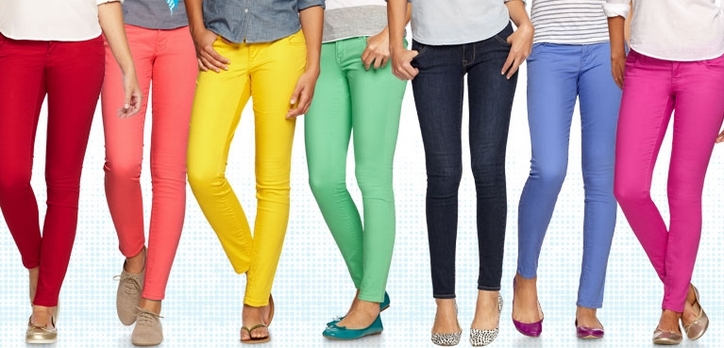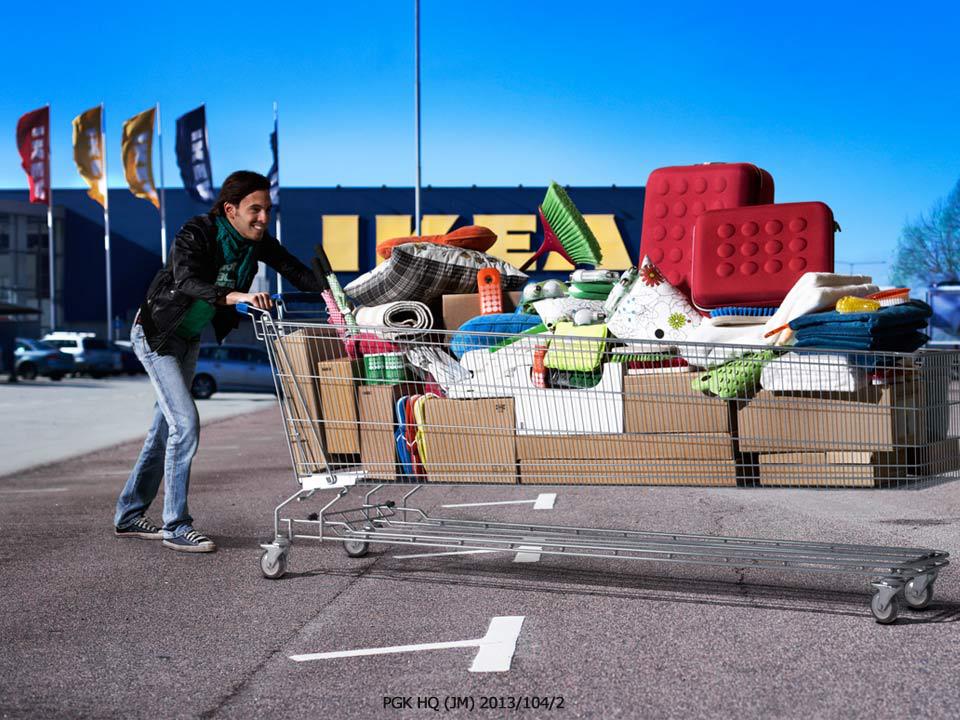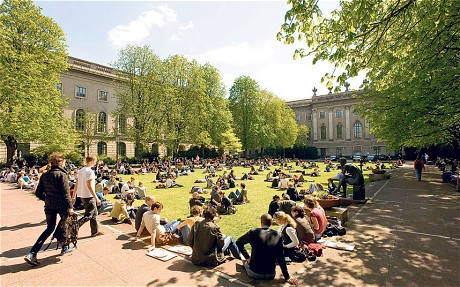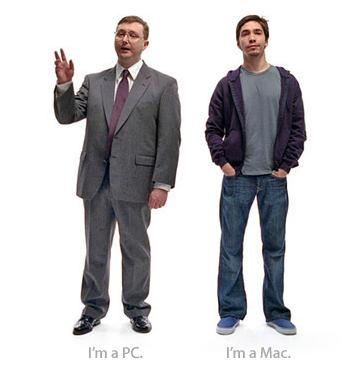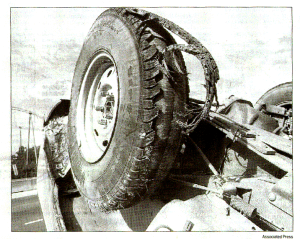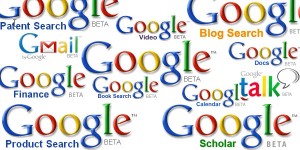According to the business dictonary, consumerism is “Continual expansion of one’s wants and needs for goods and services.”
Is enough ever enough? The more we have, the more we want. Companies know this and take advantage of it as best as they can.
In Shelley McQuade’s article I Want It All, she mentions human’s excruciating need to buy as much as they can afford and even more. She continues stating, “If I have it all does that mean someone else has to go without? Will having it all really make me happy? What if I don’t care about the “things” that are part of having it all and/or it sucks the soul out of me to get those ‘things’? Hence the reason I have shifted my thinking from having it all to having “my” all.” I completely agree with her with the fact that if we continue with the mentality of wanting it all, we will never be satisfied and therefore never happy. We must understand that “having it all” represents completely different outcomes to each individual and we must create our own in order to be satisfied.
Companies will try to take advantage of all consumers and brain wash us into making us believe that we absolutely need their product and canot live without it. But is is ourselves and only ourselves who must know to differentiate between wanting and needing.
We decide when enough is enough.
Read more: http://www.businessdictionary.com/definition/consumerism.html#ixzz2Q13QG3Mx


